Die diesjährige TU Austria (TUA) Summer School wurde zusammen mit dem Center for Technology & Society (CTS) abgehalten. Diese Summer School 2023 für Prä-Docs fand unter dem Thema “Sustainable Futures” statt.
 |
Danke für die aktive Mitarbeit! |
 |
Warum?
– Dich interessiert, wie Sustainability in Deine Forschungsarbeit im Rahmen Deiner Dissertation einfließen kann.
– Du willst Dich kritisch mit anderen Studierenden über Themen, die die Zukunft unserer Gesellschaft formen, unterhalten.
– Deine Dissertation bzw. wissenschaftliche Arbeit sollen durch verschiedene Blickwinkel und Expertisen geschärft werden.
– Du willst für Deine (pro-)aktive Mitarbeit drei ECTS erhalten.
Wenn Du auch nur eine dieser Fragen mit “Ja!" beantworten kannst, dann ist unsere Summer School genau das, was Du in Deiner akademischen Laufbahn brauchst.
Wann?
Die Summer School findet von Montag 4. bis Freitag 8. September 2023 im Kontaktraum der TU Wien (Raumcode: CD0603) in Präsenz statt.
Was?
Die CTS//TUA.summerschool befasst sich nämlich mit interdisziplinärer, theoretischer und praktischer Forschung zu den Themen Nachhaltigkeit, Umwelt und Technologie. Neben der wissenschaftlichen Untersuchung dieser Themen werdet Ihr Euch kritisch mit dem Einsatz neuer Technologien und der Umsetzung von Transformationsprozessen in Unternehmen, Regierungen, Bildungseinrichtungen, ganzen Regionen und der Gesellschaft auseinandersetzen.
Dabei konzentriert Ihr Euch in erster Linie auf Fragen der Nachhaltigkeit in Eurer wissenschaftlichen Arbeit im Rahmen Eurer Dissertation. Neben der Schärfung des Bewusstseins für die Auswirkungen von Technologien und (Change-)Prozessen, erhaltet Ihr außerdem Einblicke in Potenziale, aktuelle Trends und die Entwicklung von State-of-the-Art-Ansätzen in der innovativen Technologieentwicklung und einem darauffolgenden Wandlungsprozess.
Darüber hinaus werden Forschungsthemen behandelt, die tatsächliche oder potenzielle Auswirkungen auf die künftige Politik und Praxis bezüglich Nachhaltigkeit haben.
Wer?
Die TUA und das CTS veranstalten gemeinsam diese Summer School. Konkret sind daher die TU Wien, TU Graz, Montanuniversität Leoben, sowie FH Campus Wien, FH Technikum, und Universität Wien direkt involviert. Du kannst also aus einem Pool geballter technologischer und gesellschaftlicher Expertisen schöpfen und diese Erkenntnisse in Deine Forschungsarbeit einfließen lassen.
Programm
Sprache der Summer School: Englisch
Unsere Speaker
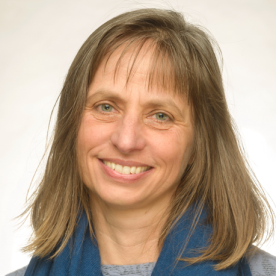 Bettina Mihalyi-Schneider | Life Cycle Assessment as a Tool for Sustainability Analysis In this module, the definition of sustainability and various methods for its assessment are discussed at the beginning. An important tool for assessing the ecological impact of products or processes is the life cycle assessment. The structure of this tool according to the ISO 14040 and 14044 standard is explained and discussed with examples. New developments for the predictive assessment of new processes or products that are still in the development phase are also briefly presented. |
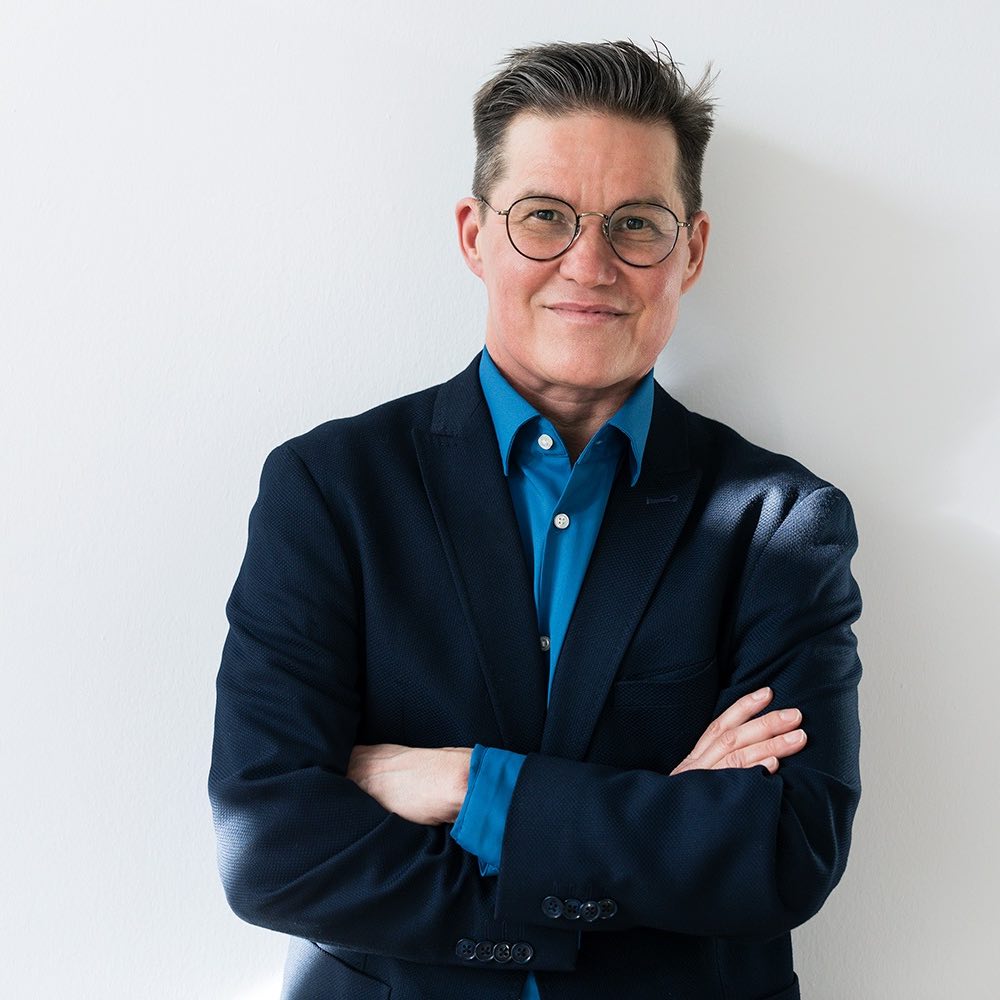 Marjo Rauhala | Ethics and Responsible Innovation The session focuses on research ethics and research integrity in the format of lectures and a discussion. In an interactive part, small groups of 4 will be formed to play a values game, in which everyone can reflect on the values that they find central to their research and work in general. The second part of the game focuses on transgressions in research. Active participation is encouraged. |
| Mahshid Sotoudeh | Sustainable environments - an assessment of technology point of view The main focus of this session will be on shaping innovations for the transformation of socio-technical systems towards sustainable development on the example of "healthy food with reduced climate impacts". We will discuss key functions of socio-technical systems, the need for system thinking, and co-creation to deal with uncertainties (Collingridge Dilemma). A multi-stage method for the inclusion of stakeholders for co-creation will be presented. |
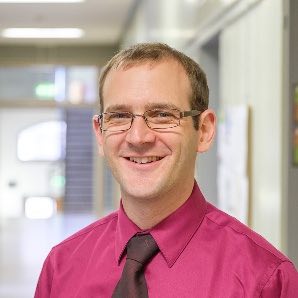 Tobias Kohn | Tell Your Story In One Sentence Or Less If you want to peek someone's interest, tell them a story: the story of your ambitions. Draw a picture of a brave new world and skulpt the outlines of a dazzling innovation. Use those five seconds of someone's attention to ignite and capture their imagination. |
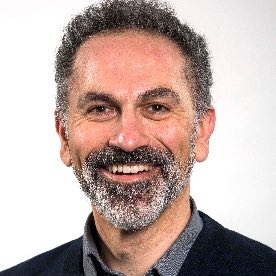 Babak A. Farshchian | Using a Service Lens to Better Understand Practices – and vice versa Many studies of practices involve service exchange, and many service researchers have discovered the central role that sociotechnical practices play in service –in particular, within the service-dominant logic school of thought. In this lecture, we will present an analytical lens that builds on this mutual interest to understand complex practices involving service exchange. Practice researchers can gain new insights regarding practices embedded in service ecosystems. At the same time, service researchers can better explain actor behavior by looking deeper at socio-technical practices. We develop a concept toolbox based on practice and service-dominant logic research literature. We illustrate the usefulness of the toolbox through an interpretative case study of public service to include children with disabilities in leisure activities. Seeing practices as parts of larger multi-stakeholder service ecosystems 1) can help us better explain behavior in those practices and understand how they are affected by other overlapping practices, 2) brings forward the importance of value and how multiple actors need to interact to create value for each other, and 3) enriches service-dominant logic with a focus on sociotechnical aspects that are central to many practice studies. |
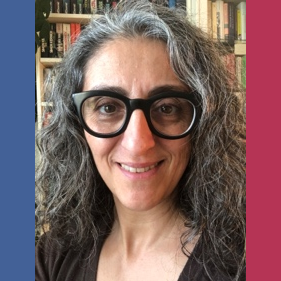 Hilda Tellioğlu | Change Management in Agile Environments for Sustainability The lecture focuses on integrating Change Management in Agile Environments for Sustainability, exploring the nexus between agility, change, and sustainable practices. Beginning with a foundational understanding of key concepts, the lecture introduces Agile methodologies like Scrum, Kanban, and Lean and the process of Change Management. The importance of sustainability, emphasizing meeting present needs without compromising future generations, was delineated. Through detailed exploration, the lecture illuminates the strategies for embedding change management, emphasizing flexibility, adaptability, collaboration, and stakeholder engagement. Tools like the ADKAR model and Change Impact Analysis are vital for successful transformation. A significant section is devoted to sustainability in Agile environments, concentrating on Environmental, Social, and Governance (ESG) factors and incorporating Sustainable Development Goals (SDGs). Agile's contribution to sustainability is highlighted, showcasing improved resource efficiency and responsiveness to environmental changes. The lecture also delves into sustainability measurement through Key Performance Indicators (KPIs). Two case studies provide practical insights: Company A's Agile transformation and Company B's sustainability through Lean principles. |
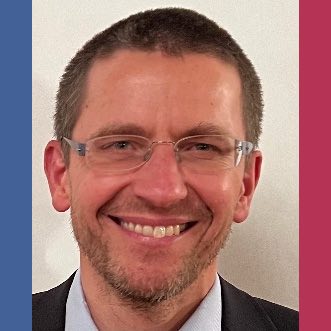 Florian Michahelles | Sustainable Technologies: Towards better decisions by technical companions The steady stream of daily news updates and our own firsthand experiences serve as relentless reminders of the reality of a climate catastrophe. This talk critically reviews the opportunities of fostering mindful individual behaviors for sparking collective action. The presentation will introduce specific projects as starting points for your future research. |
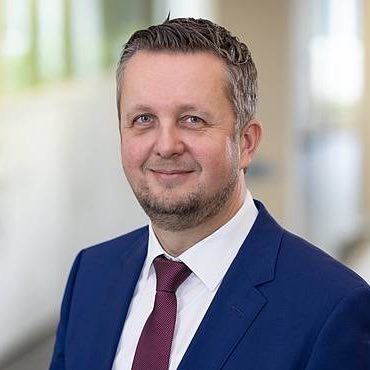 Heimo Sandtner 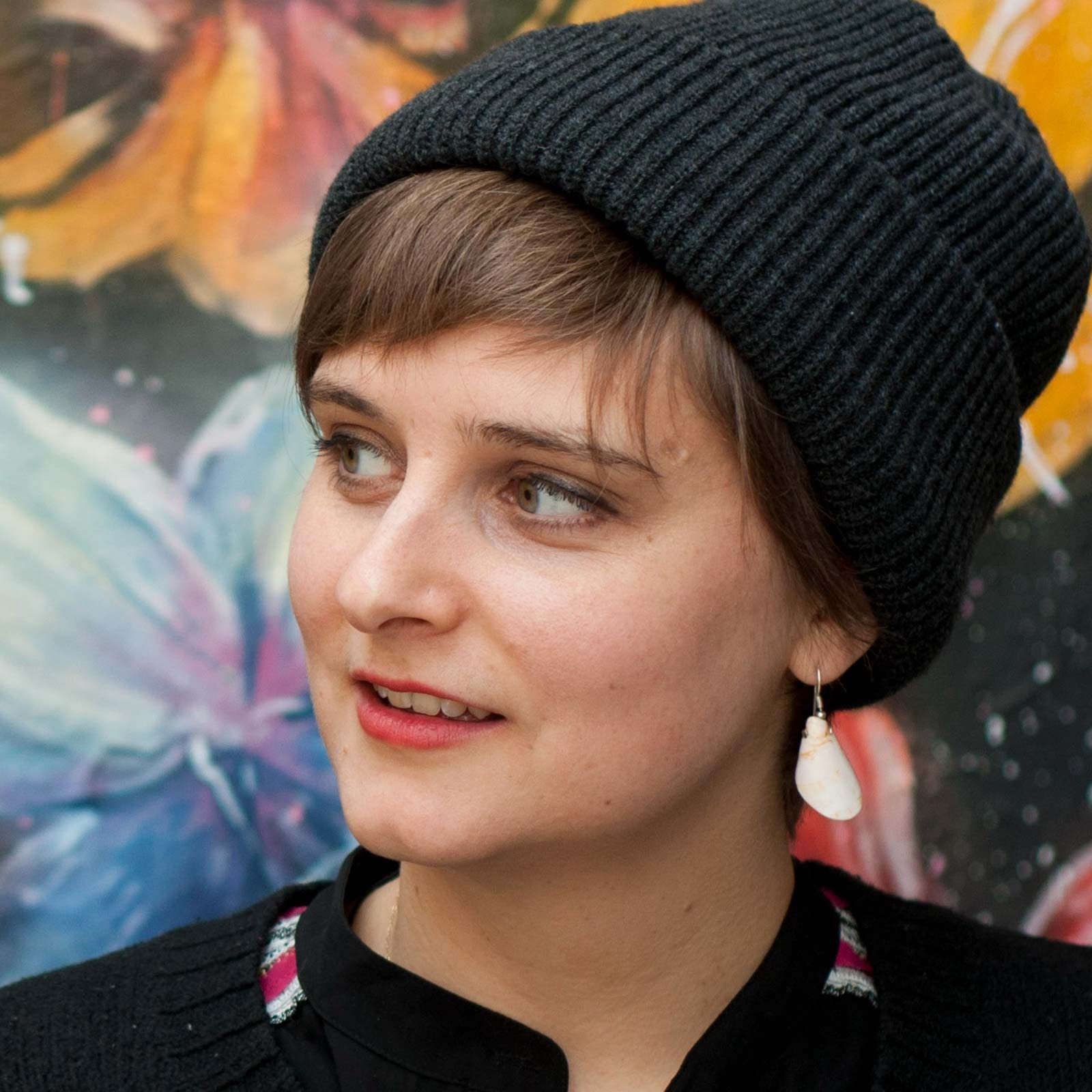 Dietlind Zehetgruber | Error Culture in Science and Technology What do errors in technology as well as in music, have in common? Heimo Sandtner (technician) and Dietlind Zehetgruber (musician) take you on an interdisciplinary journey, define the terms error and error culture, report from their disciplines and bring case studies. Four groups will then share experiences (and mistakes) while "composing" a musical sequence. (No previous musical knowledge required). AI-supported guidelines, technical equipment (Loop Station) and a mixture of familiar instruments will be used. This session will be in German. Image Copyrights: FH Campus Wien (Heimo Sandtner) und msmost4.at (Dietlind Zehetgruber) |
Was Du wissen musst
Allgemeines:
– Du musst Prä-Doc sein.
– Du musst ein festes Dissertations-Thema bzw. klares Themengebiet haben, das mit Sustainability in Beziehung gesetzt werden kann.
– Neugier, kritisches Denken und Arbeitseifer sind erforderlich.
– Du musst täglich Zeit von 9 CET bis 18 CET (am Mittwoch länger, wir feiern ein Fest!) Zeit haben.
– Für kalte Getränke, Kaffee, Tee und warmes Mittagessen wird gesorgt.
– (D)einen Laptop musst du auch mitbringen. ;)
– Dein Poster muss unbedingt am ersten Tag dabei sein.
– TISS Kursseite zur Summer School (tiss.tuwien.ac.at).
Anforderungen an das Poster:
– Format: A2
– Inhalt: Titel, Problem-Statment, Forschungsfrage(n), Methode(n), offene Frage(n) in Bezug auf “Sustainable Futures”, Illustration(en)
– Präsentation: 5 Minuten am ersten Tag
Der Anmeldeprozess erforderte (Anmeldung vorbei!):
– einen aktuellen Lebenslauf mit Foto (ca. 1 A4-Seite in Stichworten)
– ein Motivationsschreiben (Details in der Anmeldung) (ca. 1/2 A4-Seite)
– ein Abstract zu Deiner Dissertation bzw. Deinem Dissertationsthema (inkl. Forschungsfragen, Methodologie etc.) (ca. 300 Wörter)